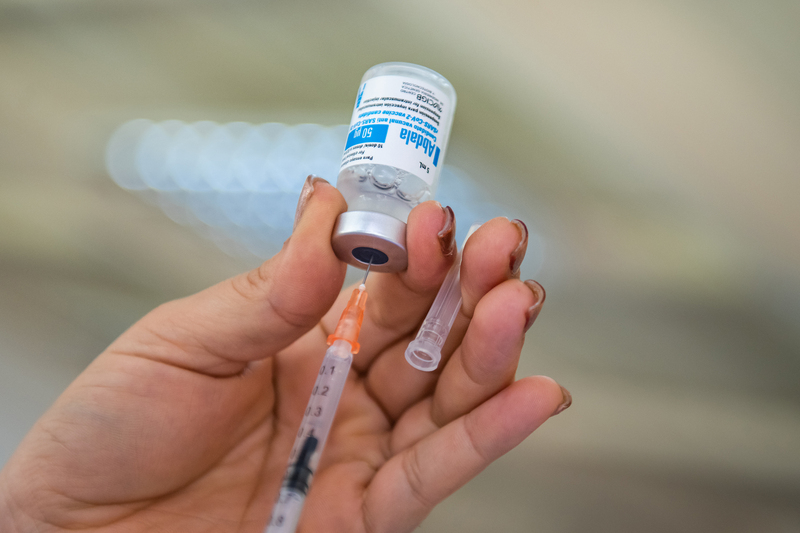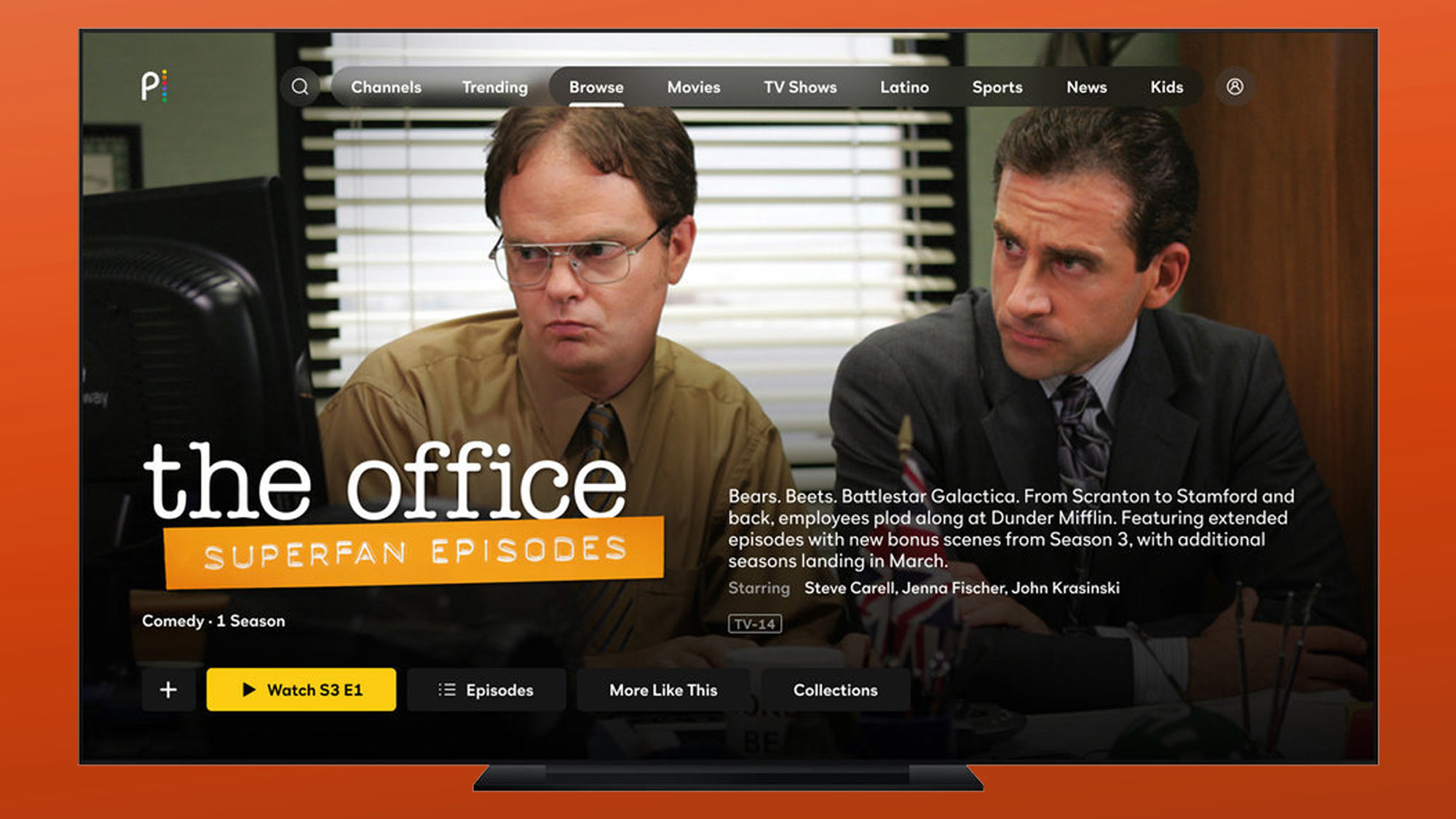With the global pandemic still in full swing, the race for a Covid-19 vaccine has become a priority for researchers worldwide. The World Health Organization (WHO) has recently approved eight different vaccines for emergency use. These vaccines, including Pfizer, Moderna, and Oxford-AstraZeneca, hold the key to curbing the virus's devastating impact. In this article, we will delve into the Q&A surrounding these vaccines, explore how they work, and discuss the importance of widespread vaccination. Additionally, we will touch upon the ongoing development of other potential vaccines and the challenges that lie ahead. As the world eagerly awaits the end of this crisis, understanding the progress and advancements in vaccine research is essential.
Q&A about Covid-19: Which Covid-19 vaccines have been approved for use by WHO?
As of now, there are 8 types of Covid-19 vaccines that have been approved for emergency use by the World Health Organization (WHO). These vaccines are Pfizer, Moderna, AstraZeneca from Oxford, Covishield (Indian version of AstraZeneca), Janssen, Vero Cell, Coronavac, and Covaxin.Q&A about Covid-19: How do Covid-19 vaccines work?
Up to now, there have been 8 types of Covid-19 vaccines that have been approved for emergency use by the World Health Organization (WHO). These vaccines are Pfizer, Moderna, AstraZeneca from Oxford, Covishield (Indian version of AstraZeneca), Janssen, Vero Cell, Coronavac, and Covaxin.Q&A about Covid-19: Why are recovered individuals at risk of reinfection with Covid-19?
Up to now, there have been 8 types of Covid-19 vaccines that have been approved for emergency use by the World Health Organization (WHO). These vaccines are Pfizer, Moderna, AstraZeneca from Oxford, Covishield (Indian version of AstraZeneca), Janssen, Vero Cell, Coronavac, and Covaxin.Why do we need vaccines?
The majority of people are still susceptible to the corona virus. Currently, social distancing measures help control the death toll.Vaccines will train our bodies to fight against infection by preventing the corona virus or at least reducing the severity of Covid, making it less life-threatening.
Oxford University's vaccine shows 70% efficacy
Coronavirus: 'Two million could die' even with vaccine
Having a vaccine along with improved treatment methods is a strategy to overcome the pandemic.
Oxford University / AstraZeneca vaccine
Data also shows strong immune response in older individuals.- There is also intriguing data showing that adjusting the dosage might increase the protection up to 90%
- The UK has ordered 100 million doses
- It requires two doses
- Clinical trials with over 20,000 volunteers are still ongoing
It is made from a weakened version of the common flu virus in chimpanzees and has been modified not to grow in the human body.
Pfizer/BioNtech vaccine
The breakthrough for this vaccine occurred when Pfizer/BioNTech announced their initial results.
- This vaccine shows an efficacy rate of over 90%
- The UK will receive 10 million doses by the end of 2020, with another 30 million doses already ordered
- It requires two doses, three weeks apart
- Approximately 43,000 people have been vaccinated with no safety concerns
RNA vaccines have never been approved for use in humans, although they have been used in clinical trials for other diseases.
Covid-19: Pfizer and BioNTech's vaccine 'more than 90% effective'
Coronavirus: Moderna vaccine shows 95% efficacy
Moderna's vaccine also uses a similar approach as Pfizer's vaccine.
- The company claims the vaccine has a 94.5% efficacy rate
- The UK will have 5 million doses in the spring
- It requires two doses, four weeks apart
- 30,000 people participated in the trials, with half receiving the vaccine and half receiving a placebo
What other vaccines are being developed?
Other trials are also expected to yield results in the coming weeks.- Data on Russia's Sputnik V vaccine, which works similarly to the Oxford vaccine, shows 92% efficacy
- Janssen's trial is recruiting 6,000 people across the UK, out of a total of 30,000 global volunteers, to see if two doses provide higher and longer-lasting immunity than one dose
- China's Sinovac Biotech and Sinopharm, and Russia's Gamaleya Research Institute are all in the final stages of testing
Understanding which method gives the best results is crucial. Challenge trials, where individuals are intentionally infected in a carefully controlled manner, could be helpful.
Who will be vaccinated first?
This depends on where Covid is spreading, when the vaccine is made available, and which group the vaccine is most effective for.Elderly individuals living in care homes and the staff working there are at the top of the priority list in the UK, followed by healthcare workers such as hospital staff and individuals over 80 years old.
Americans 'may get Covid vaccine within a month'
Have we finally got a Covid vaccine?
So far, age is the risk factor for Covid.What still needs to be done?
- Clinical trials need to demonstrate the safety of the vaccine
- The manufacturing scale-up needs to produce billions of doses
- Regulatory agencies need to approve the vaccine before it can be used
- Researchers are still investigating how long protective measures can last


In conclusion, the approval of multiple Covid-19 vaccines brings hope for a brighter future. With options like Pfizer, Moderna, and AstraZeneca, among others, we have powerful tools to combat the virus. However, challenges still remain, such as ensuring vaccine safety, manufacturing billions of doses, and obtaining regulatory approvals. As we continue to navigate this global crisis, it is crucial to prioritize immunization efforts and work towards achieving herd immunity. Together, with vaccines and improved treatments, we can overcome the pandemic and emerge stronger than ever before.





